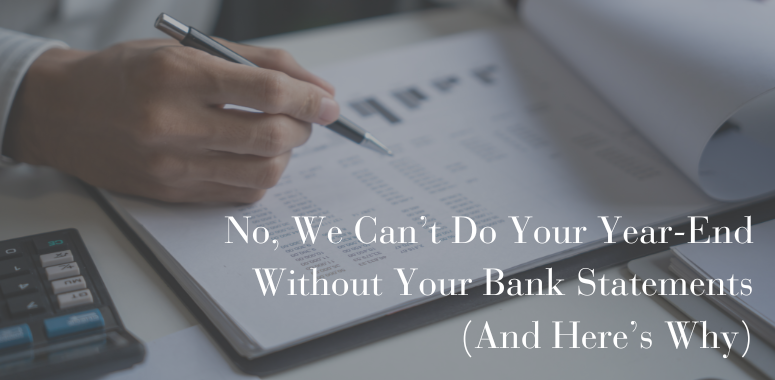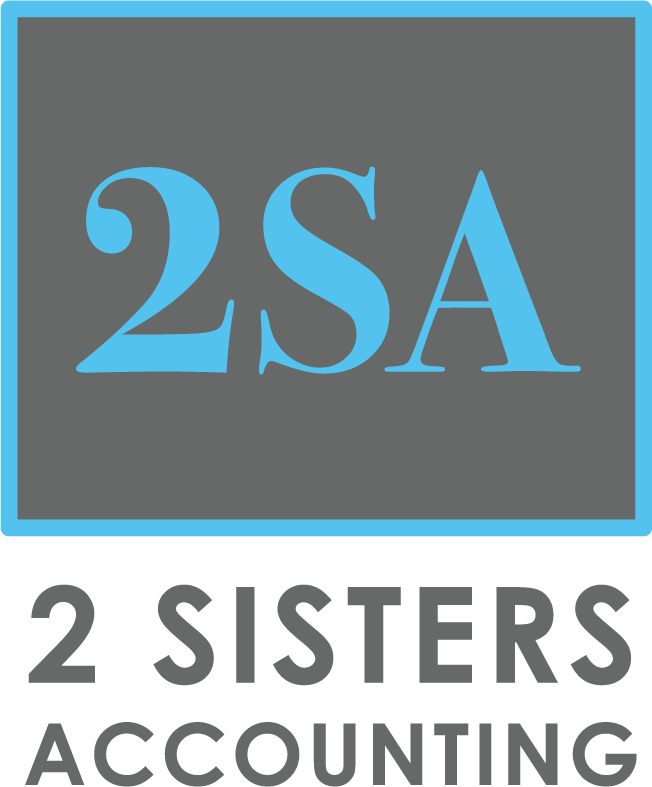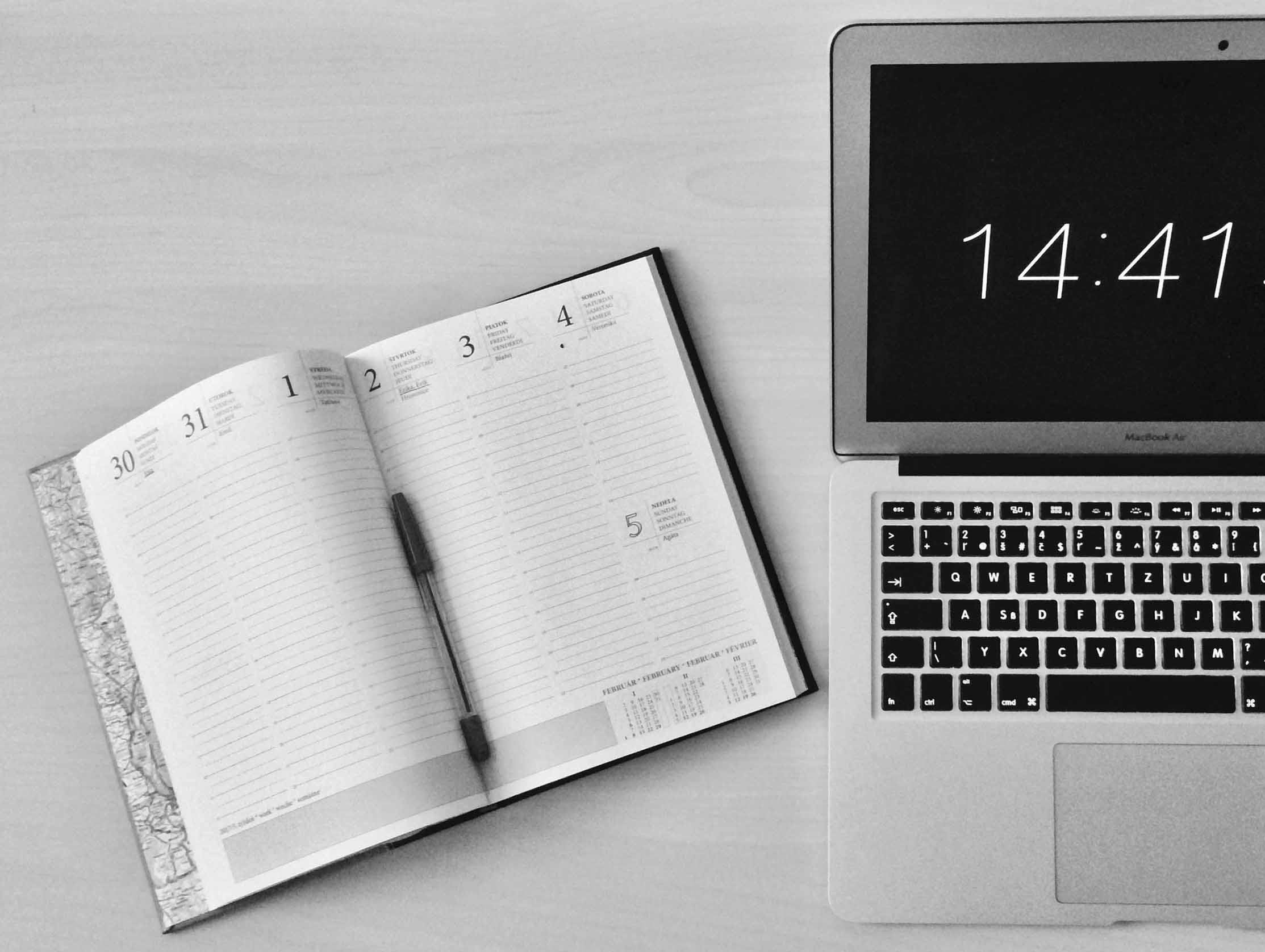
When we start preparing year-end accounts, the very first thing we ask for is your company’s bank statements. After years of completing accounts we will not even start looking at your numbers until we have your bank statements.
Even if we have access to your accounting software, we won’t begin the process without them. It might seem repetitive when we ask again and again, but there’s a good reason for it. In fact, there are several.
So why do they matter so much? Bank statements aren’t just another bit of admin. They’re the foundation that keeps your accounts accurate, HMRC-compliant, and stress-free.
The Bank Doesn’t Lie
You may swear you only spent £50 on business lunches last year, but the bank tells a different story: £507.82. And no, those Greggs sausage rolls sadly don’t count as a tax-deductible meal.
Your bank balance is a fact. Unlike estimates or assumptions, it doesn’t move or shift. For us to reconcile your year-end accounts properly, we need that solid, independent number to tie everything back to. Without it, the accounts could be based on shaky ground.
Software Can ‘Lie’
Do accountants need bank statements if they already have software?
Yes, and here’s why. Accounting software is a fantastic tool, but it isn’t flawless. Errors creep in, either from human oversight or technical glitches. Bank feeds might miss transactions or duplicate them. Sometimes, balances in software bear little resemblance to reality.
If we start preparing year-end accounts without verifying against the actual bank statements, we risk working with inaccurate figures. That means wasted time, unnecessary questions for you, and potentially having to redo everything later.
Receipts Alone Are Like Puzzle Pieces
Bringing in a shoebox of receipts may feel like you’ve done your bit, but without bank statements, it’s like trying to complete a jigsaw puzzle with half the pieces missing. Sure, we might produce something, but it won’t truly reflect your business finances.
Receipts on their own can’t verify your cash flow, timing of payments, or whether transactions actually cleared the bank. Only statements provide the full picture.
They Keep Us Both Sane
Without your bank statements, we will be chasing you for “just one more thing” until next Christmas. With them, we can get everything balanced, reconciled, and wrapped up neatly, no detective work required.
Why HMRC Care About Bank Statements
HMRC likes evidence. If your accounts are ever reviewed, “my accountant just estimated” won’t hold much weight. Bank statements act as your financial alibi – the proof that backs up the numbers we submit.
This is also why we encourage you to keep business and personal spending separate. Mixing the two not only creates headaches during the year-end but can also raise red flags if HMRC investigates.
Bank Statements Keep the Process Smooth
When you provide your bank statements quickly, the whole process flows better:
- We can reconcile your accounts efficiently.
- You avoid endless back-and-forth emails asking for “just one more thing.”
- Your accounts get filed earlier, giving you more time to plan for corporation tax.
It also makes you look incredibly organised. Trust us. Your future self will thank you when you’re not panicking at midnight about late filing penalties or scrambling to find cash for your tax bill.
How Bank Statements Save You Money in the Long Run
Small business owners sometimes ask: “Why can’t you just get started without them?” The reality is that starting without bank statements leads to duplicated work. That means higher fees and more frustration for everyone involved. By sending them over promptly, you’re actually reducing the overall time and cost of your year-end.
Love may make the world go round, but in accounting, bank statements are what make the numbers stack up. They’re the foundation of accurate year-end accounts, the proof HMRC look for, and the key to keeping both you and your accountant sane.
So next time we ask for your bank statements, you’ll know why. They’re not a formality. They’re essential.
FAQs About Bank Statements and Year-End Accounts
Do accountants really need my bank statements?
Yes. They provide a verifiable source of truth to reconcile your accounts against. Without them, we can’t guarantee your accounts are accurate.
Can’t you just use my accounting software balance?
Not reliably. Software can have errors from missed or duplicated transactions. Bank statements confirm what actually happened.
What happens if I don’t provide bank statements?
Your accounts may be delayed, cost more to complete, or risk being inaccurate. You could also face HMRC scrutiny.
Do I need to give you personal bank statements too?
No. But you must ensure all business spending goes through your business account. Mixing personal and business finances makes accurate accounting much harder.
How far back do you need statements?
For year-end accounts, we need the full set covering your accounting year. In some cases, we may also ask for opening or closing balances for reconciliation.
Do you need support preparing your year-end accounts? Explore our accounting services or book a call with us today to get your accounts filed accurately and on time.

